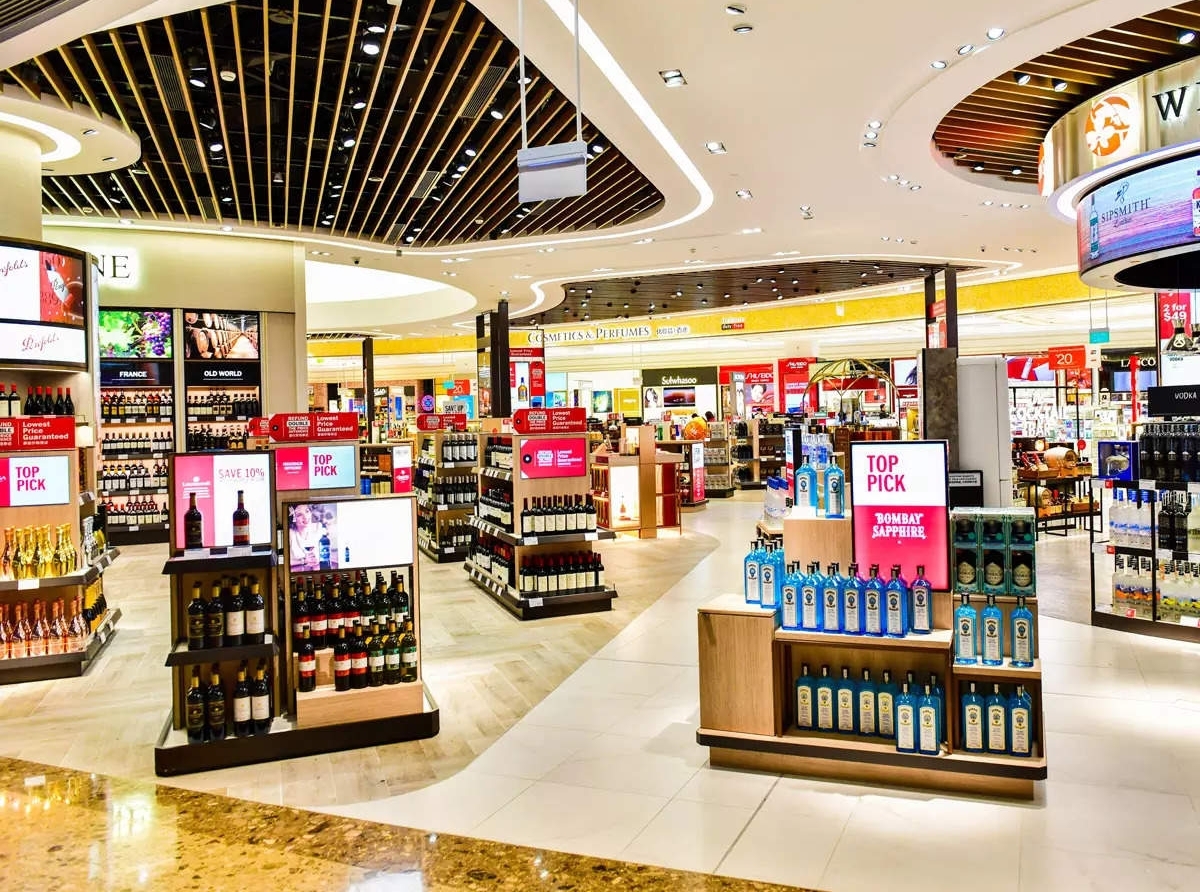22 June 2022, Mumbai:
These are the words of famous British mathematician and data science entrepreneur Clive Humby, who coined the phrase “data is the new oil”.
Many individuals are unaware that oil is the basis for several market items. Because it serves as the basis for so many other things, including gasoline, plastics, fertilizers, aspirin, crayons, gum, textiles, solar panels, etc., it is essential.
Thus, oil and the understanding of how to refine it provided the basis for our current physical product manufacturing system. Our current method of service products will be built on data and AI.
ALSO READ Global Data: Garment sales to hit new high in 2022

How an AI enhances things with data won't be self-evident. The majority of AI's benefits will be inconspicuous and improve everything we do with data, particularly in pattern identification, prediction, and automation.
Since many businesses still view their data infrastructure as a cost center, they should use the data to continually enhance every aspect of their operations to turn it into a profit center.
Majority of apparel firms plan to increase supply chain transparency by 2027 but obstacles remain, a global survey by KPMG and Serai finds.

ALSO READ GlobalData: India’s apparel sales to reach Rs 7.6 trillion by 2025
Companies must start managing data locally inside business units and treating it as an enterprise-wide corporate asset.
This makes it possible to share information on products and customers, which opens up the potential for upselling and cross-selling and enhancing customer service and retention rates.
RELEVANT NEWS Industry Data Analytics, report: Global Cashmere Clothing Market To Reach $3,333.6 MN By 2026
Serai, an online B2B platform that simplifies global trade, in collaboration with KPMG, has launched a global report which finds that two-thirds (66%) of apparel industry insiders see supply chain transparency as an “extremely important” issue. This number is even higher for Indian companies, at 83%.
There is a tremendous possibility for any firm in the world to develop new goods and services across business lines by combining internal data with external data.

RELEVANT NEWS A huge data breach has been discovered at Aditya Birla Fashion and Retail Ltd (ABFRL)
The technologies assisting the industry are artificial intelligence, big data, cloud, digitalization, Internet of Things, mobile, and robots.
Over the past ten years, the oil and gas industry has seen a significant increase in the effect of new technologies like IoT and AI to solve numerous strategic concerns throughout the sector value chain.
For instance, they are using AI assists in resolving several challenging sub-surface engineering issues.
RELEVANT NEWS Myntra disrupts age-old practices with data and machine learning
Data is a crucial tool for predicting fashion trends, deciding how to organize the supply chain, and examining consumer behavior and preferences. In the competitive, ever-evolving fashion sector, where demand is constantly shifting, and there is an increasing amount of rivalry, retail analytics, also known as Big Data, is crucial.
It may be gathered via sales, market analysis, online marketing, user reviews on social media, purchase analytics, and other sources. Retail analytics has the potential to revolutionize both physical and online commerce.
_large.jpeg)
RELEVANT NEWS Flipkart to expand logistics and data storage capacity
When setting prices for items, it is essential to consider the target market's comfort level with price and purchasing power.
In the retail market, an overpriced product may simply go unnoticed, but, if it is underpriced, the firm may suffer losses.
The target audience's complete profile, including information on their age, height, and ethnicity as well as preferences, behavior, and engagement, is provided by retail analytics.
These elements can assist a business owner in understanding the reasons influencing the purchase and the times and locations where users are more likely to become customers.
Ajay Banga, Mastercard’s CEO, added that data is even more valuable than oil, considering that oil is a scarce and finite resource, while data is inexhaustible and only increases.
Join our community on Linkedin

























